Spanish anti-monarchists seek to harness Swiss justice against Juan Carlos

Spanish activists in Switzerland are lobbying for legal action against the former Spanish king, Juan Carlos. They distrust the Spanish justice system and hope that a Swiss judgment would push Spain to step up its investigations into the royal family. But that’s just part of the story.
Juan Carlos, who abdicated in 2014, faces allegations of corruption, money-laundering and tax evasion in Spain. Two significant anti-corruption investigations are currently under way in his home country. Meanwhile, in Switzerland, the Geneva prosecutor is investigating people in Juan Carlos’s circle in connection with Swiss bank accounts.
Spanish activists are trying to gain influence in Switzerland to have criminal proceedings initiated against Juan Carlos. Two organisations are active in Switzerland: Òmnium Cultural, an NGO, and the activist group Mujeres x la República (Women for the Republic).
Founded during the Franco dictatorship as a cultural organisation to promote the Catalan language, Òmnium Cultural is today one of the leading separatist organisations in Catalonia, alongside the Catalan National Assembly (ANC). The organisation is comparatively well funded and well connected, even in Switzerland. Òmnium Cultural currently has 183,000 members.
In December 2018, a referendum in Madrid asked people about their preferred form of state. Citizens could say whether they would rather have a monarchy or a republic.
The organisers of this referendum included a group of women who afterwards founded Mujeres x la República (Women for the Republic). They campaign for citizens’ participation and feminism.
In September 2020, the citizens’ initiative Mujeres x la República handed the Swiss ambassador in Spain an open letter addressed to the Swiss prosecutor’s office. It was also sent to Swiss lawmakers and Swiss media.
In the letter, signed by about 100 people, the activists wrote that only the Swiss justice system could give a fair, unbiased verdict on the former Spanish king because the Spanish justice system has closed its eyes for years to Juan Carlos’s activities.
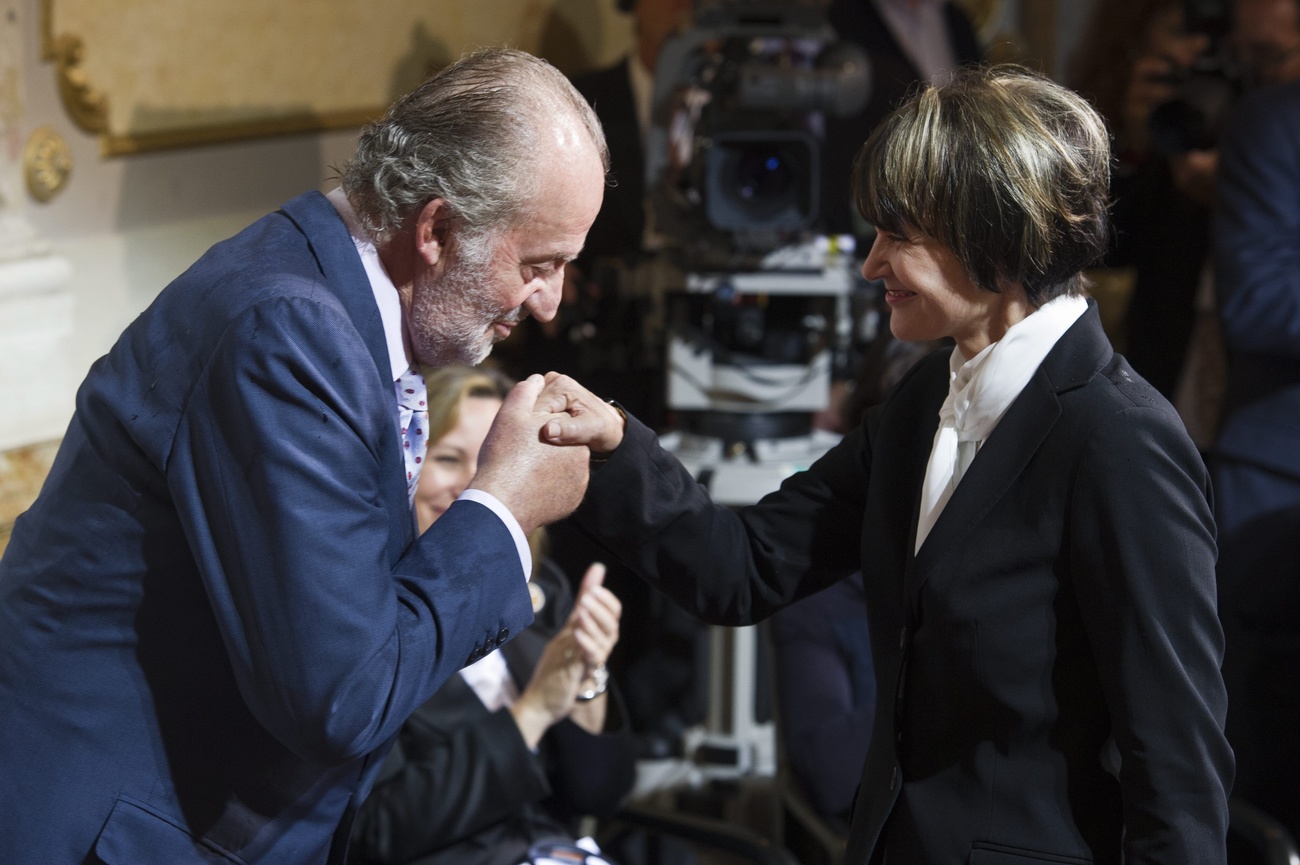
More
Former Spanish king could face legal troubles in Switzerland
Freezing accounts?
Òmnium Cultural, an organisation with more financial clout, went one step further. On July 1, 2020, the group asked the authorities to block Juan Carlos’s Swiss accounts. The Swiss authorities refused. The reason they gave was that there was no extraordinary situation that would give grounds to apply the relevant act (Federal Act on the Freezing and Restitution of Illicit Assets held by Foreign Politically Exposed Persons).
In September 2020 Christian Dandrès, a member of the Swiss parliament, submitted a parliamentary question to the government about the value of the former king of Spain’s assets. He wanted to know how the government would ensure that “the legal limits have been adhered to and any assets possibly obtained unlawfully will be paid back.”
“I was not directly contacted by Òmnium Cultural,” Dandrès wrote in response to a question from swissinfo.ch. Instead, he has worked with anti-money-laundering activists in Geneva who are in contact with Òmnium Cultural, he said.
It’s not unusual for lobbyists in Switzerland to gain access to members of parliament, who then push their causes onto the political agenda. But with foreign actors this can be problematic, as the “Kazakhstan Affair” showed.
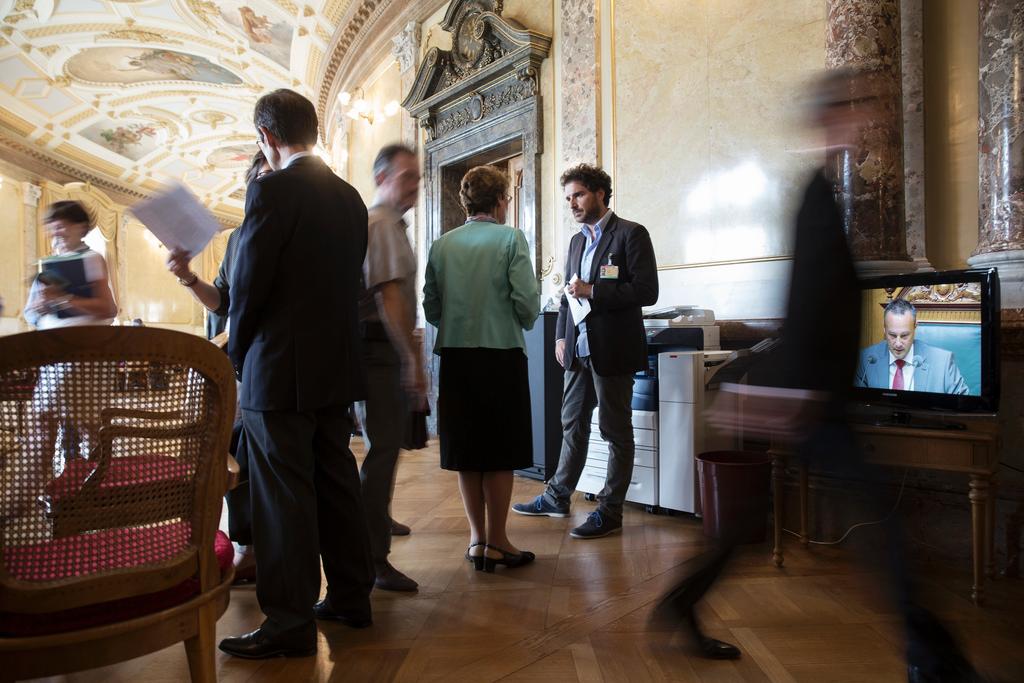
More
Politicians move against ‘hired guns’ in parliament
However, Dandrès is not afraid of being instrumentalised. For him it’s about Switzerland’s efforts to fight money-laundering effectively. “This matter affects Switzerland even if it has an international dimension,” he says.
‘Biased justice system’
Mujeres x la República hopes that Juan Carlos will be convicted in Switzerland. That would open a door in Spain and could lead to investigations into other corruption cases involving the Spanish royal family, says Cristina Ridruejo of Mujeres x la República. “The Spanish justice system has shown on countless occasions that it turns a blind eye to the suspected crimes of the king; therefore, unfortunately, we need help from other countries,” she says.
According to Ridruejo, one of the reasons for Spain’s inability to judge the king in an impartial, independent way is insufficient separation of powers. Similarly to Switzerland, judges are political appointees in Spain.
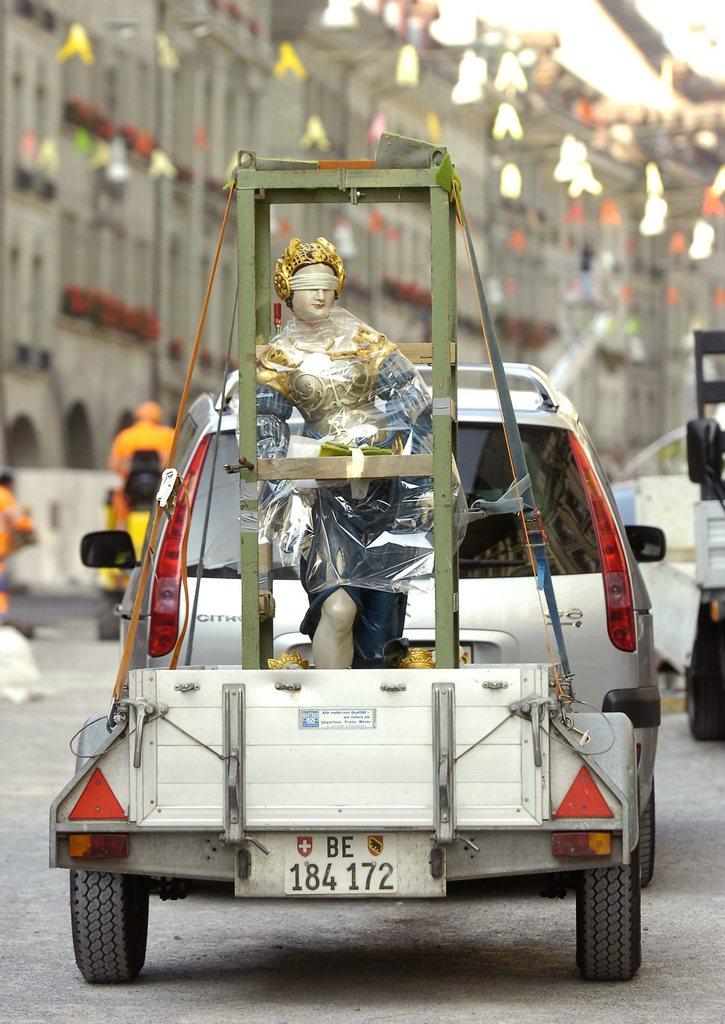
More
Are Swiss judges on a tight political leash?
Òmnium Cultural also considers the Spanish justice system to be biased. “We believe that Spain will never be able to judge the royal family independently. Because that would mean admitting that the country was ruled by a corrupt person for 40 years,” says a spokesman for Òmnium Cultural.
Despite information from Switzerland and the legal process that has started in Geneva, the Spanish authorities have so far consistently refused to initiate proceedings against Juan Carlos.
In addition, current Spanish law guarantees the king broad immunity that also applies to private activities during his time in office, according to the Spanish Supreme Court’s interpretation. This contrasts with the immunity guaranteed by international law, which only protects official activities. “That’s why we think another country like Switzerland is better able to judge from a distance,” the spokesman for Òmnium Cultural says.
Other motives
For Mujeres x la República, this is not just about bringing Juan Carlos to justice. The organisation questions the vaildity of the monarchy in general. It takes a Madrid referendum as the basis for its argument that a clear majority of the Spanish population would prefer a republic to a monarchy.
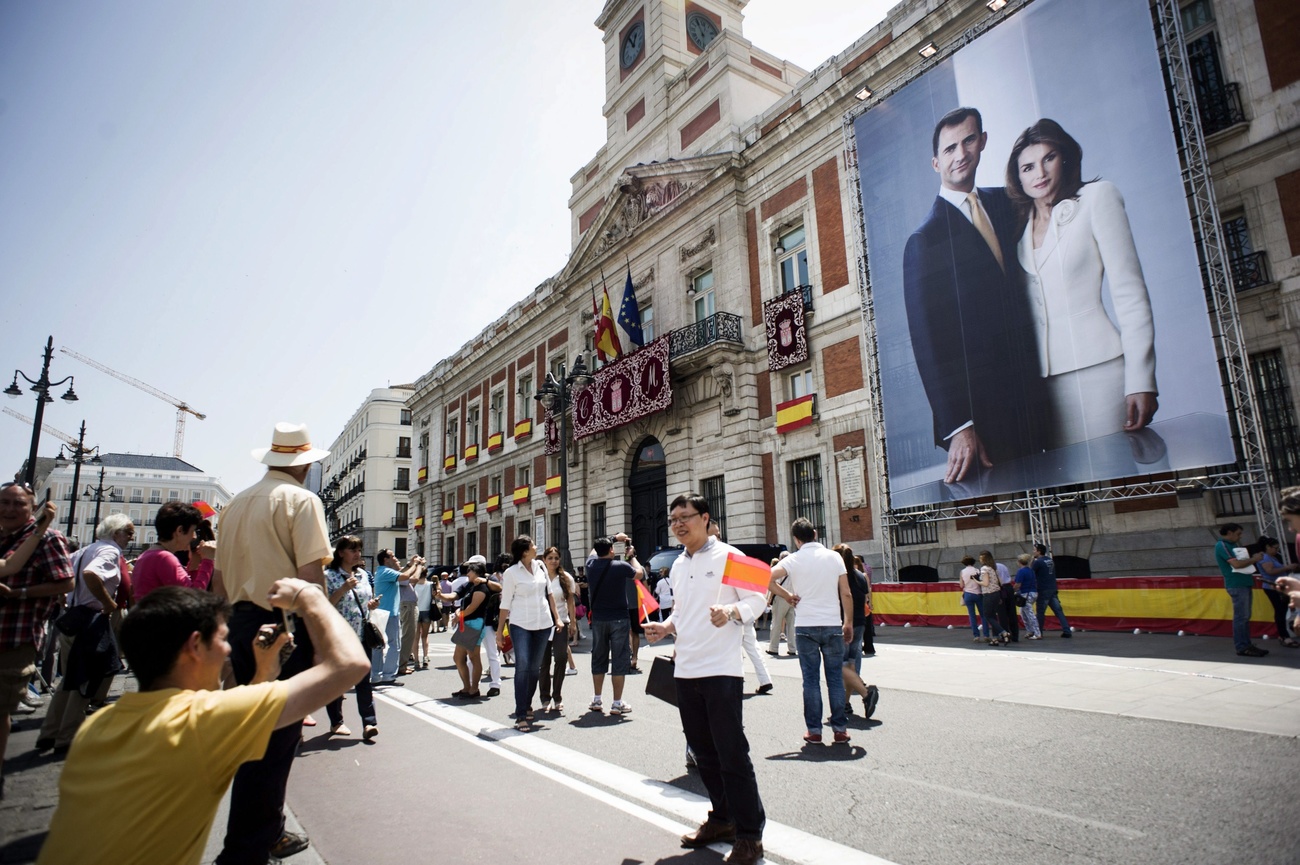
Òmnium Cultural, on the other hand, is a group of Catalan separatists who want their own state. “The Spanish king represents the Spanish state, which they reject,” says Urs Saxer, a law professor at the University of Zurich. “This rejection dates back to the conquest of Barcelona in the War of the Spanish Succession on September 11, 1714. The aim is to weaken the monarchy and the Spanish state in general with legal proceedings against the former king.”

Xavier Arbós Marín, a law professor at the University of Barcelona, is not in the least surprised that activists are campaigning against the Spanish monarchy. The Catalan independence movement has identified the monarchy as a weak point in Spanish democracy. “One of the arguments for secession is the democratic deficits of the Spanish state, so the monarchy is a logical target. And Juan Carlos I even more so, given his reprehensible conduct.”
International pressure
By bringing their cause onto the Swiss political agenda, the Spanish activists are gaining attention abroad that helps them at home.
It’s very often the case that domestic conflicts are “internationalised,” Saxer says. “Separatists like the Catalans seek support for their causes abroad in the hope that states and international organisations exert pressure on the relevant state.”
For the separatists, the success of their cause depends on it being acknowledged by the international community. There can only be an independent Catalonia if there is support for this from important European players. “Part of the Catalan internationalisation strategy is Puigdemont’s exile in Belgium, and other exiled separatists like Marta Rovira or Anna Gabriel in western Switzerland.”

Arbós Marín, who is Catalan, reaches a similar conclusion to his Swiss colleague’s. “These activists’ campaigns in Switzerland are certainly a part of their internationalisation strategy.” In addition, Switzerland is seen as a country that tends to sympathise with the separatists and has little understanding for the Spanish response.
Hopes may be dashed
However, it’s doubtful that Switzerland will live up to the expectations placed on it. The government has until its next session in December to answer the parliamentary question detailed above.
As far as freezing Juan Carlos’s accounts is concerned, it’s unlikely there will be any surprises. “The provisions of this law (the Federal Act on the Freezing and Restitution of Illicit Assets held by Foreign Politically Exposed Persons) are indeed tailored to different situations, for example particularly to states with notorious corruption or structures that don’t function,” Saxer says. “This is clearly not the case with Spain. Spain is a democratic state where the rule of law applies, and it could easily submit a request for legal assistance that the Swiss authorities would examine in the completely normal way, and which they would certainly agree to.”
Translated by Catherine Hickley

In compliance with the JTI standards
More: SWI swissinfo.ch certified by the Journalism Trust Initiative










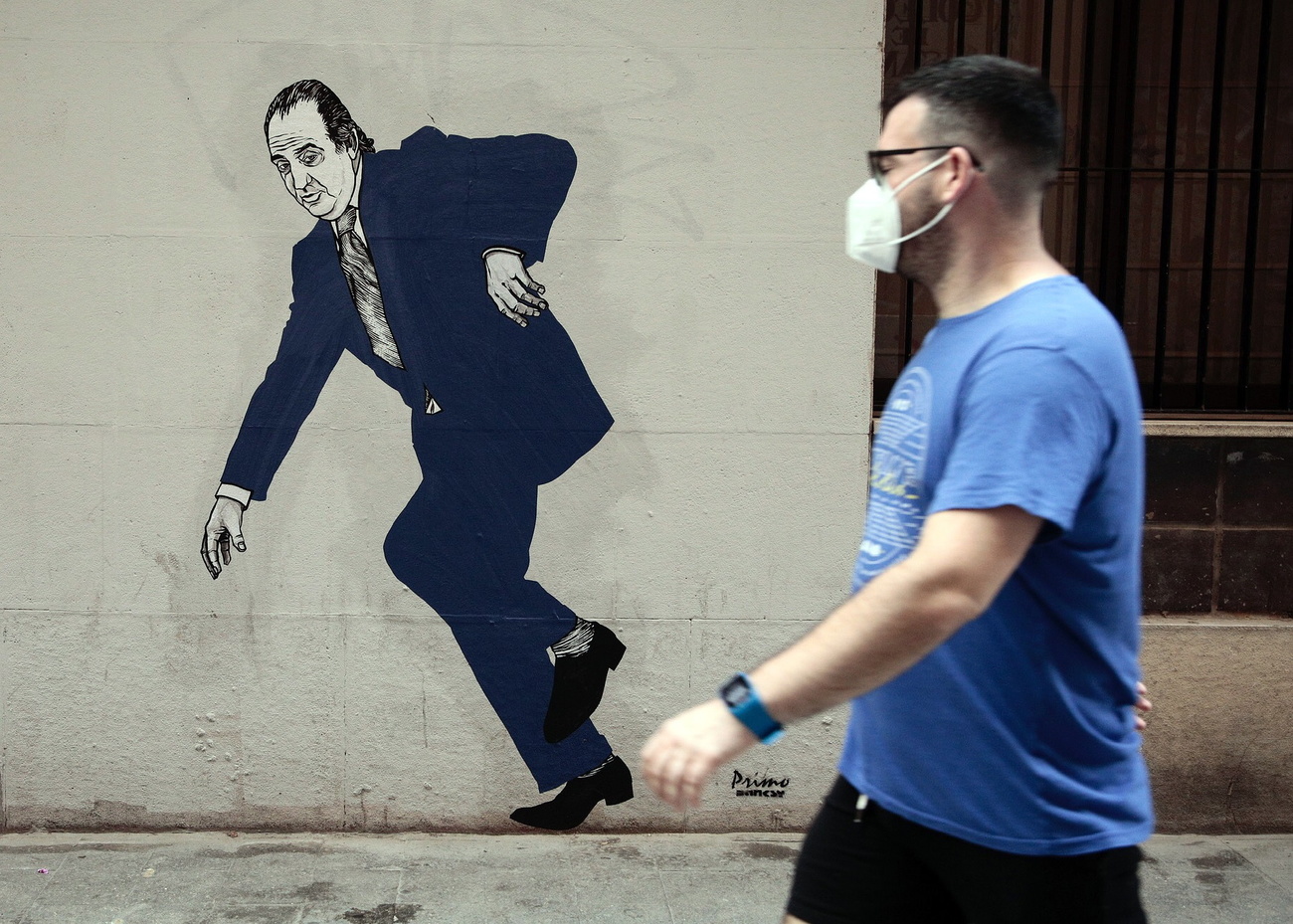
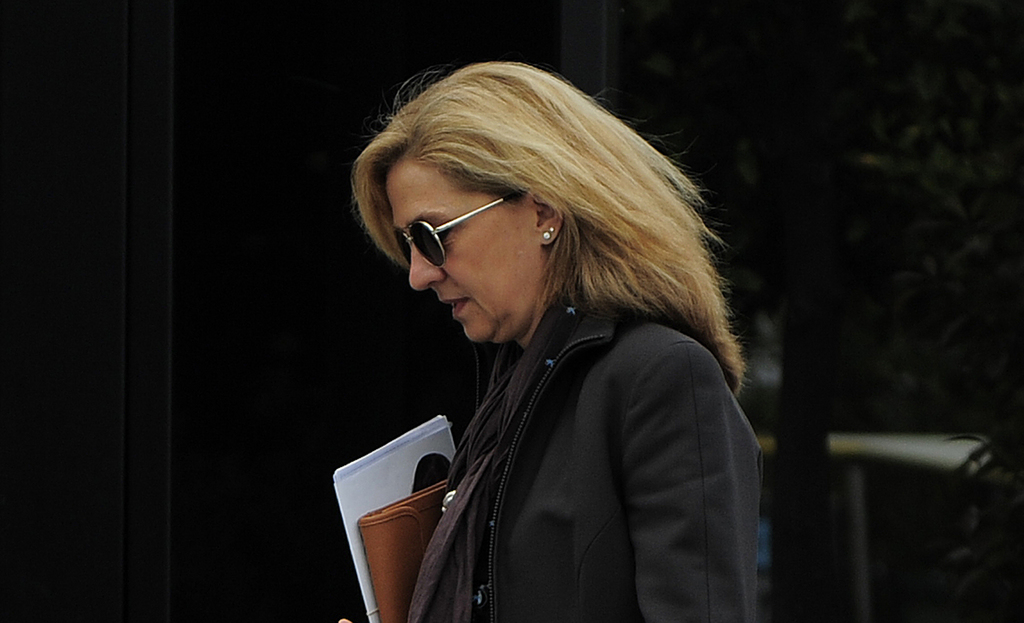


Join the conversation!